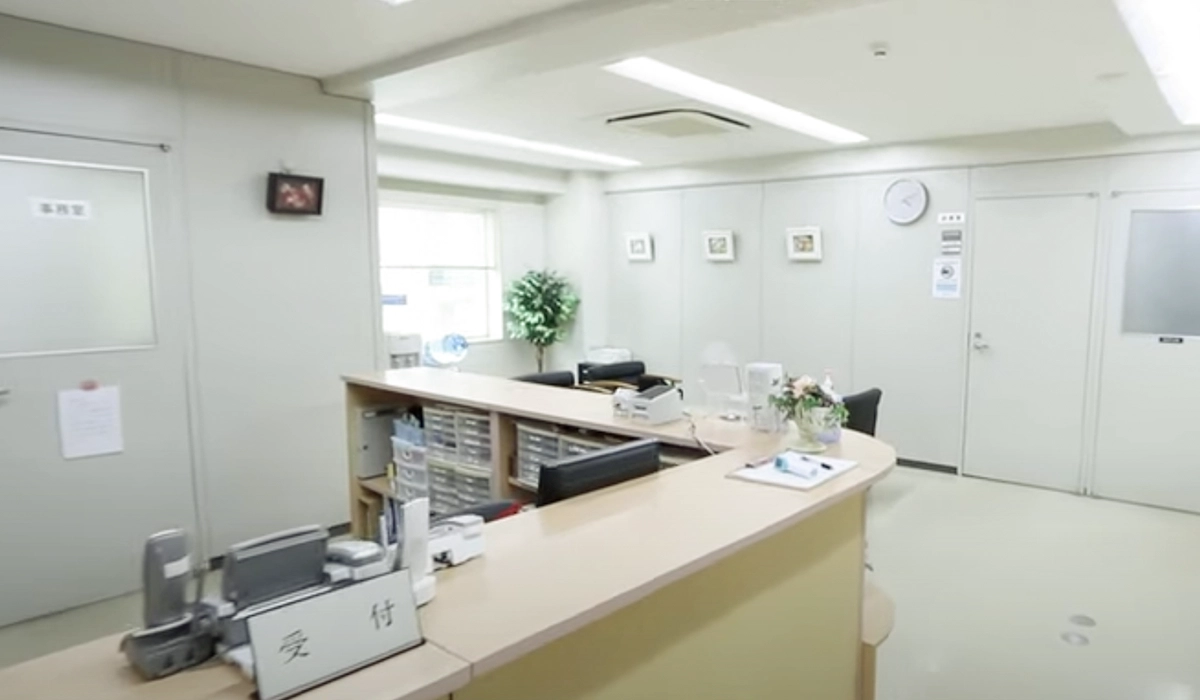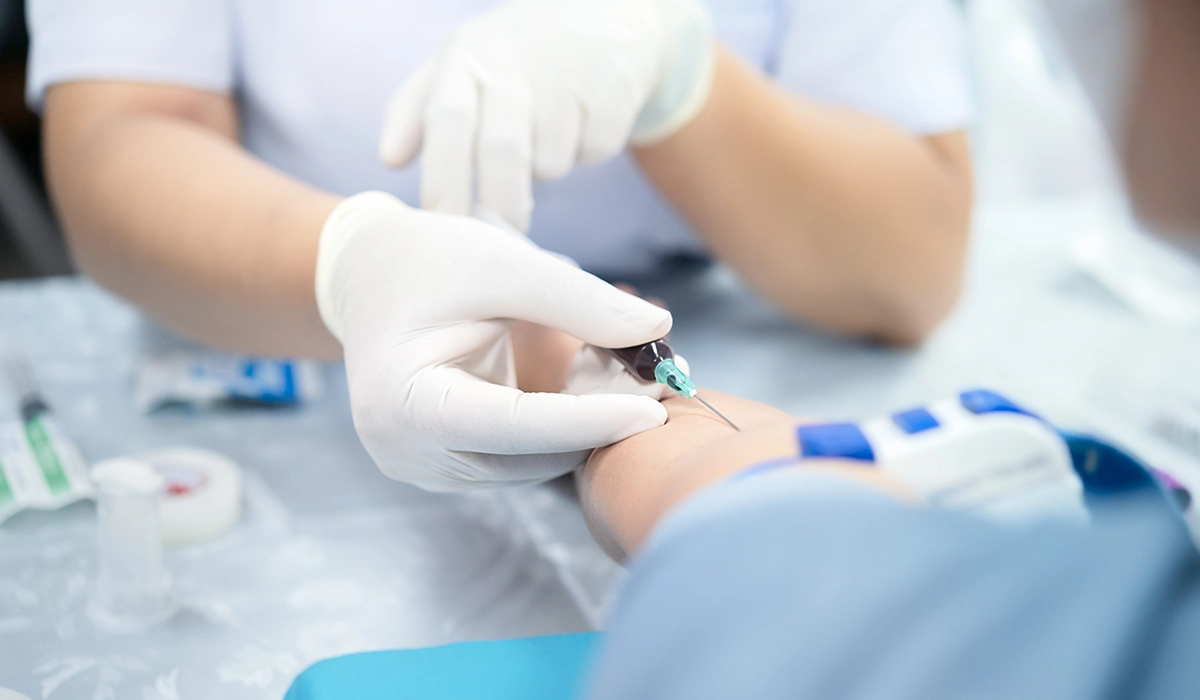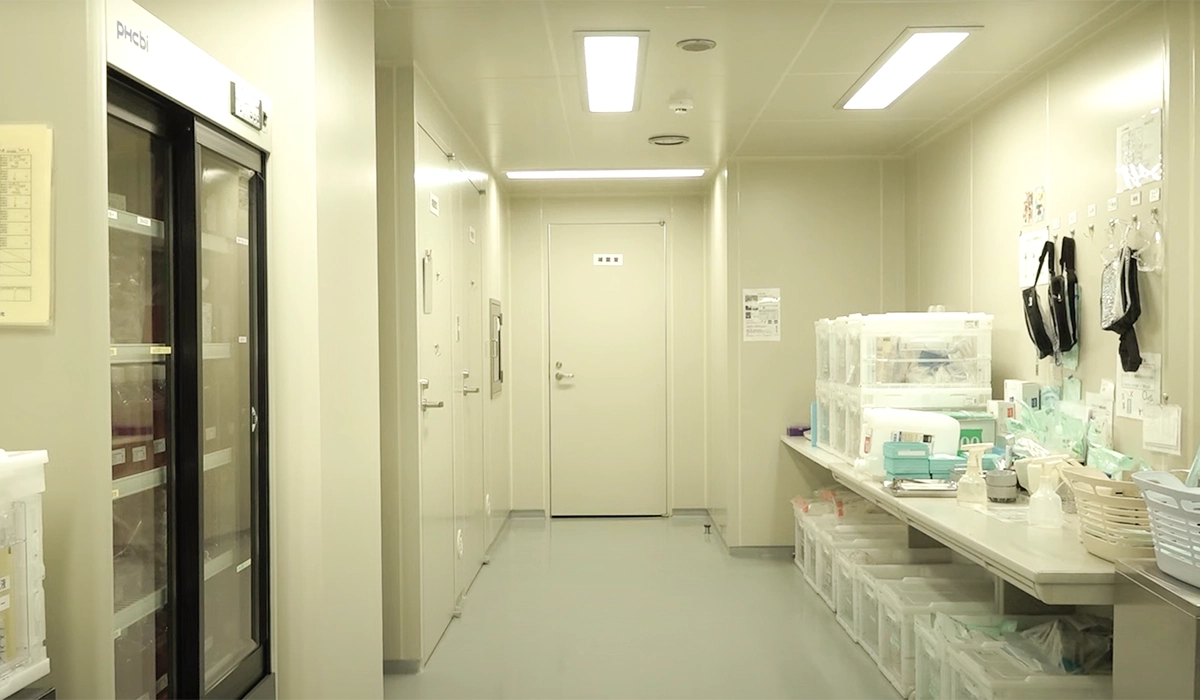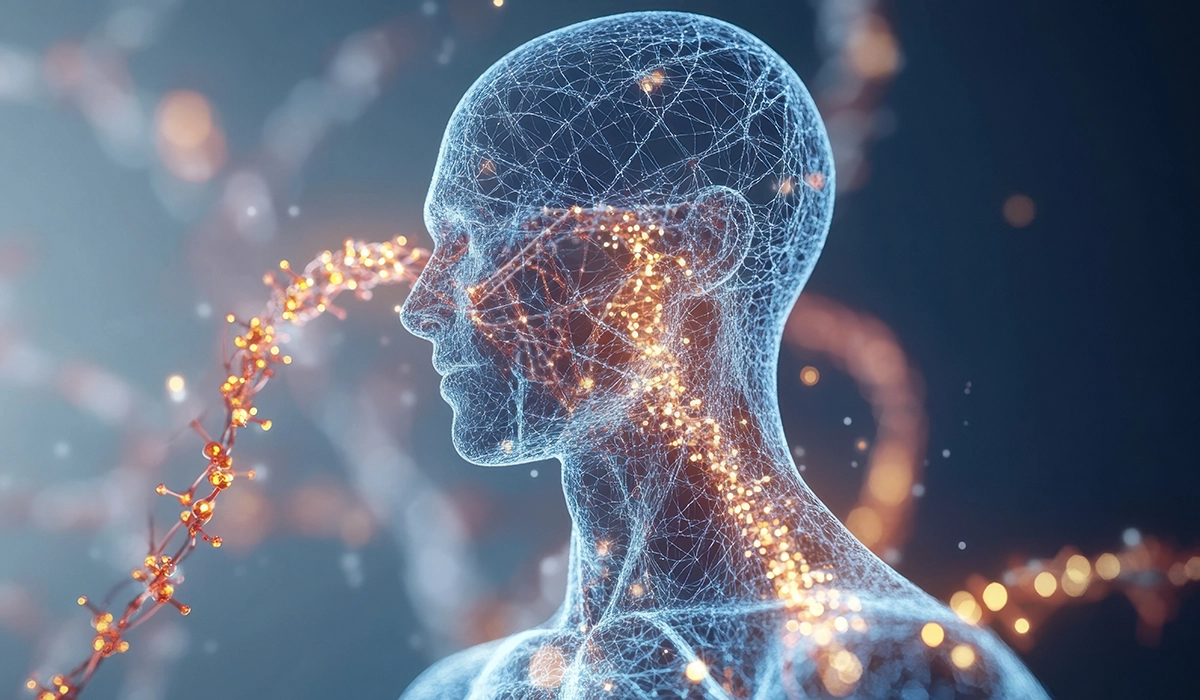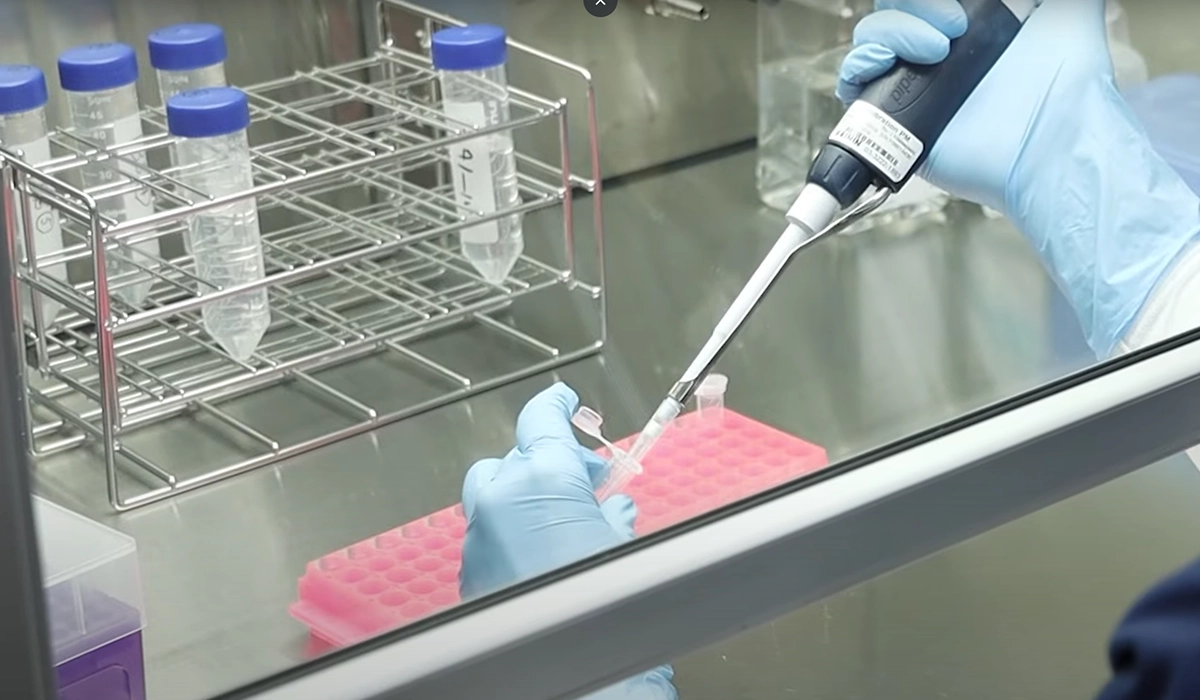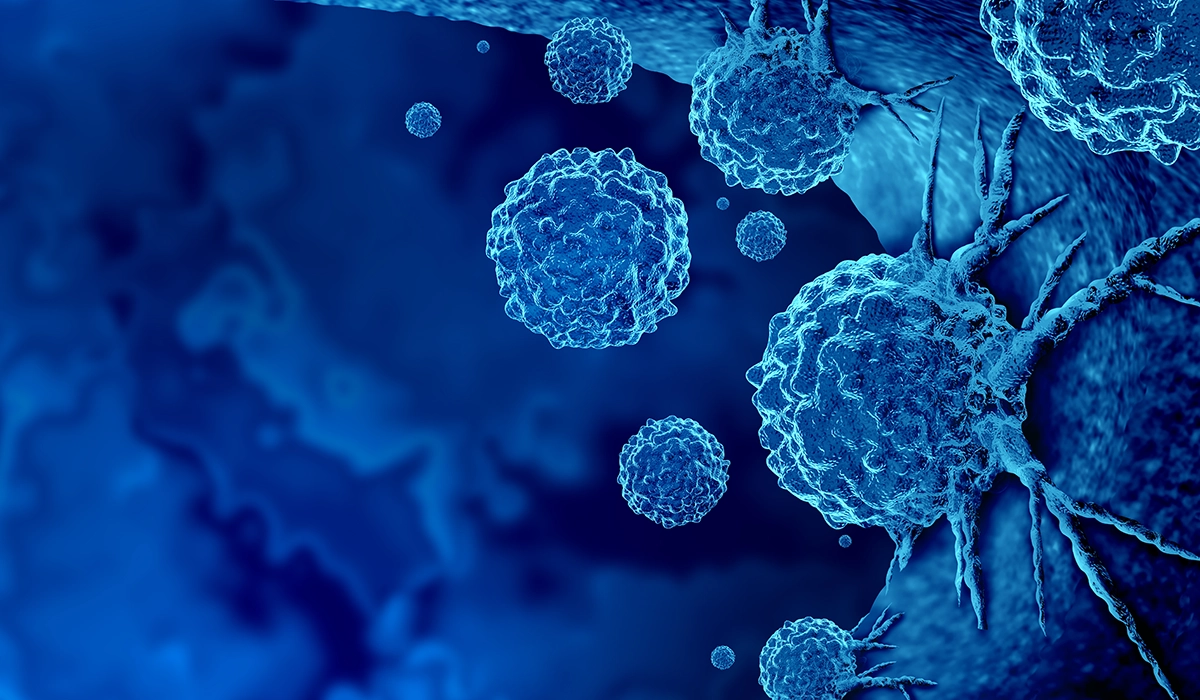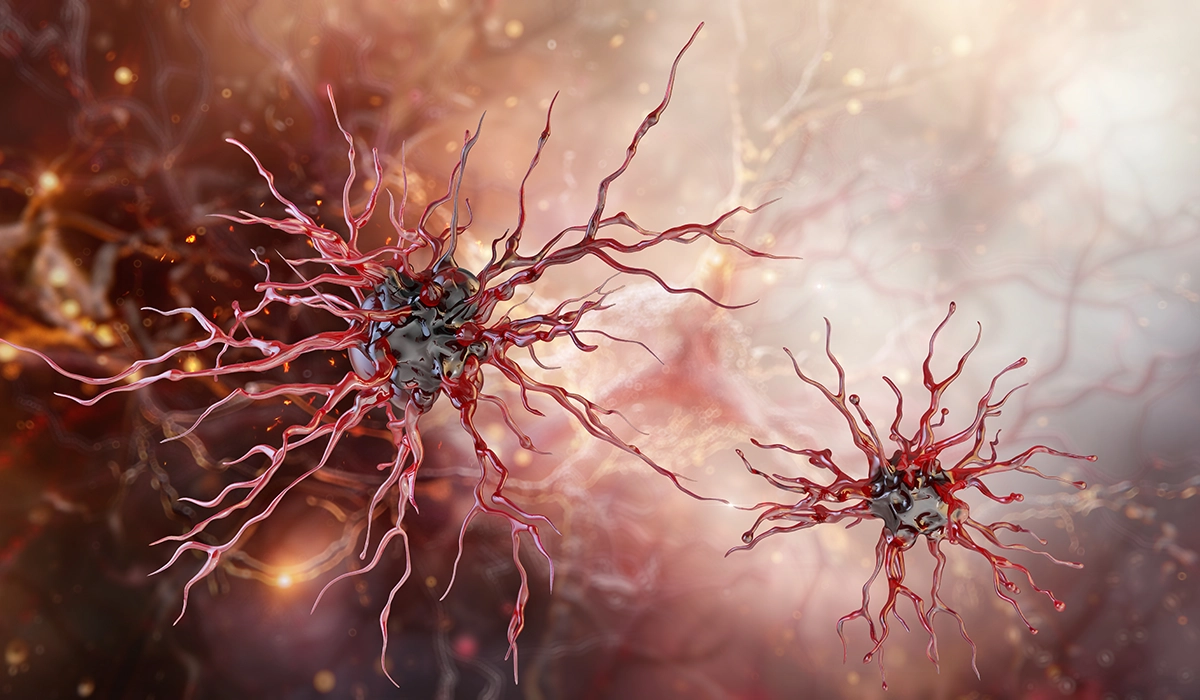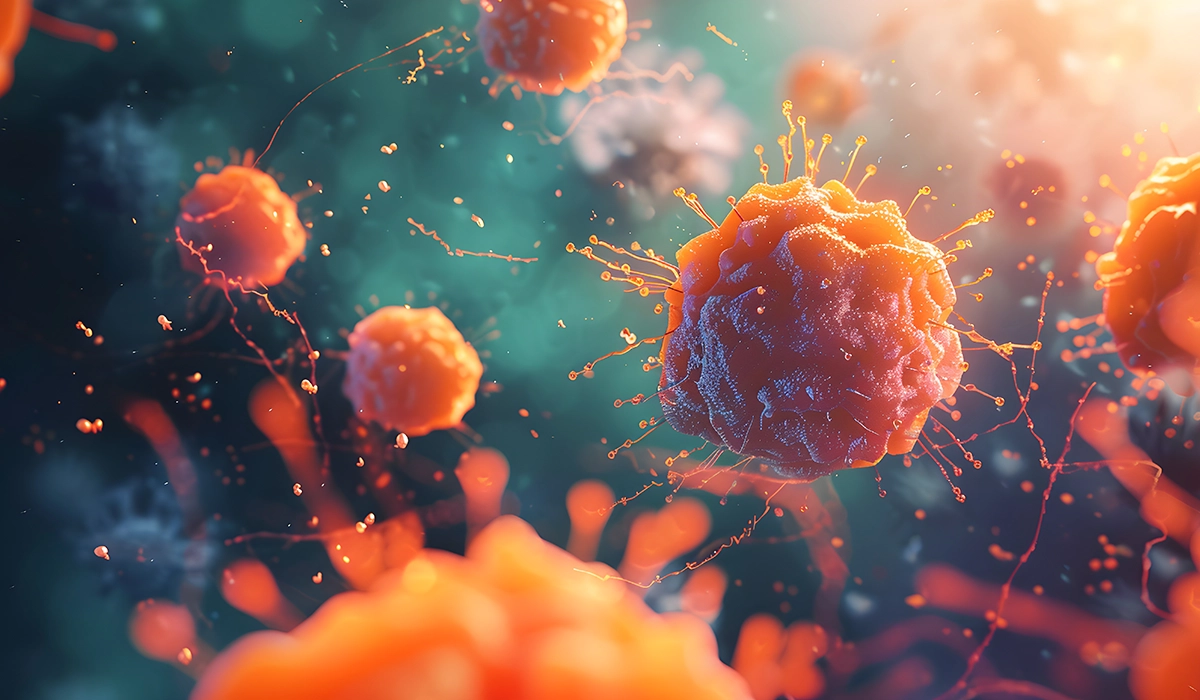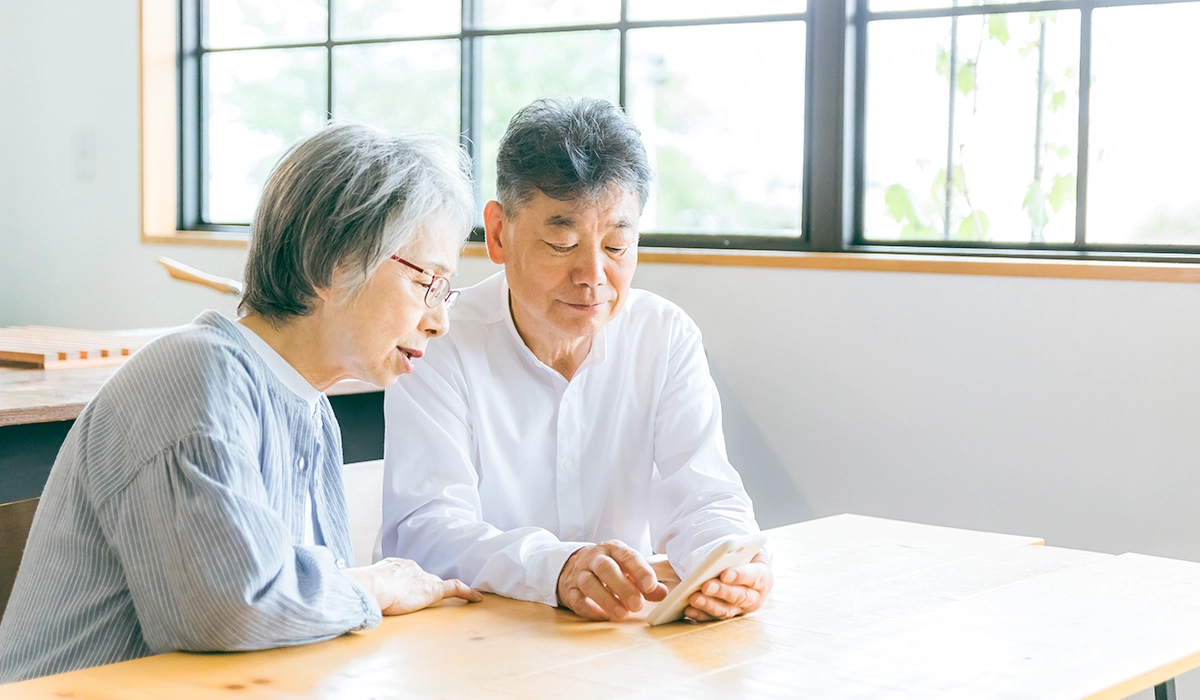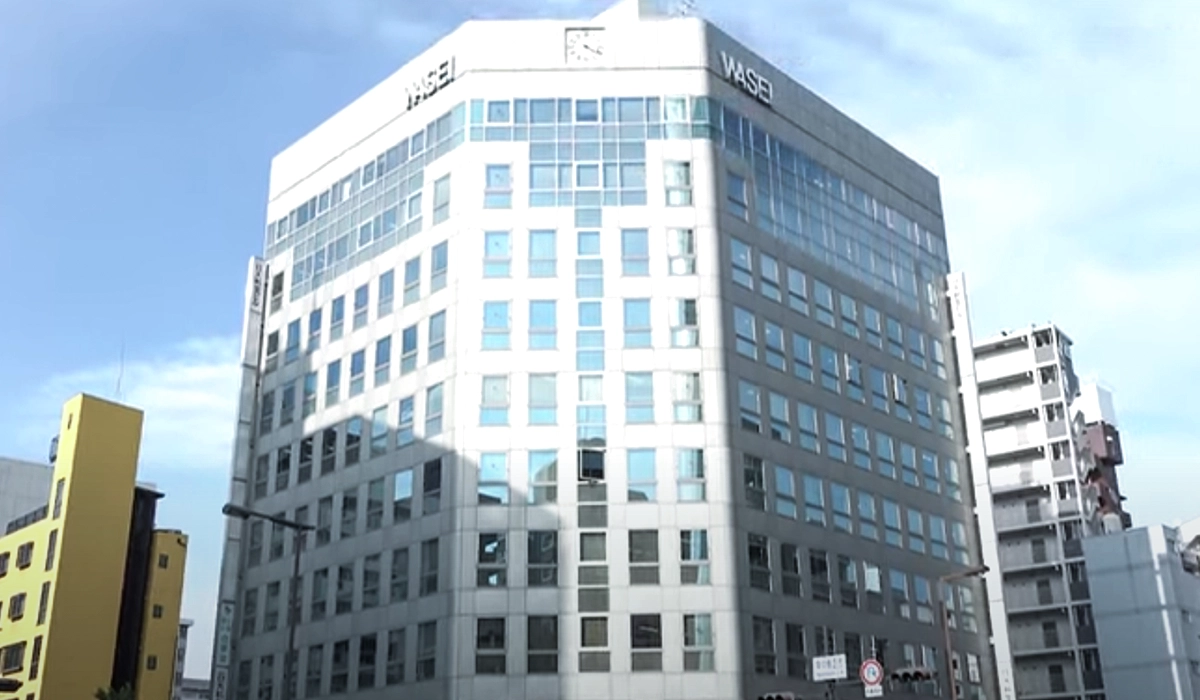
Doctor Introduction
Hideya Onishi
Tailor-Made Cancer Treatment:
Neoantigen Dendritic Cell Vaccine Therapy
—Cancer immunotherapy aimed at preventing recurrence and treating advanced-stage cancer—
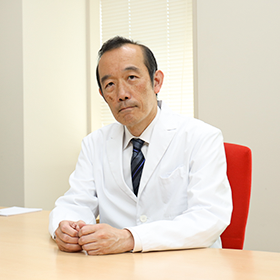
Areas of Expertise
- Tumor Immunology
- Gastrointestinal Surgery
Certifications & Academic Society Roles
- Board-Certified Surgeon and Instructor, Japan Surgical Society
- Board-Certified Gastrointestinal Surgeon and Instructor, Japanese Society of Gastroenterological Surgery
- Executive Member & Facility Representative, Society for Cancer Immunology and Surgery
- Executive Member, Director & Facility Representative, Society for Cancer State-Specific Therapies
- Councilor & Director, Japan Biotherapy Society
Career History
- March 1994
- Graduated from Faculty of Medicine, Kyushu University; joined the First Department of Surgery, Kyushu University Hospital
- April 2006
- Postdoctoral Fellow, National Institutes of Health (NIH), USA
- November 2010
- Associate Professor, Graduate School of Medical Sciences, Kyushu University
- April 2024
- Professor (Special Appointment), Kyushu University Hospital
- April 2024
- Director, Osaka Iseikai Cancer and Intractable Disease Treatment Clinic
About Hideya Onishi, M.D.
Dr. Hideya Onishi has been engaged in clinical practice as a surgeon while also serving as the head of the Department of Tumor Immunology, Advanced Medical Science Division, Graduate School of Medical Sciences at Kyushu University. He has made numerous achievements in the field, including the development of enhanced efficacy methods and novel therapies in cancer immunotherapy, and has supervised many doctoral students.
Based on the insight gained through years of clinical and research experience, he states:
In cancer treatment, there are cases where surgical approaches, chemotherapy, molecular-targeted therapies, and radiation therapy reach their limits. Therefore, it is essential to establish a tumor-specific immune environment within the body—what we call an immune surveillance system.
Through academic conferences and seminars, Dr. Onishi continues to share the importance and effectiveness of cancer immunotherapy, striving together with patients for treatments that do not give up hope.
About Neoantigen Dendritic Cell Vaccine Therapy
At our facility, we have performed over 5,000 cases of immunotherapy, including activated lymphocyte therapy (CD3-activated lymphocyte therapy, activated NK cell therapy, gamma delta T cell therapy), and dendritic cell vaccine therapy. In this article, we would like to introduce Neoantigen Dendritic Cell Vaccine Therapy, which is currently considered one of the most advanced forms of cancer immunotherapy.
Neoantigens are gene mutations that appear only in cancer cells—specific antigens that had previously escaped detection by the immune system. By analyzing a patient’s tumor tissue, we can identify neoantigens that arise from such mutations. Since these mutations differ from person to person, neoantigens are unique to each individual.
Neoantigen dendritic cell vaccine therapy works by having dendritic cells (which are antigen-presenting cells) recognize these neoantigens. This enhances the function of lymphocytes, allowing them to target and attack only cancer cells. Because this therapy acts specifically on cancer cells, side effects are minimal.
Once lymphocytes recognize a neoantigen, memory lymphocytes are formed, enabling the immune system to continue attacking those cancer cells long-term.
Neoantigens were first reported in Science in 2015 by Carreno BM and Schumacher TN, and they have since been recognized as promising non-self immune targets in cancer immunotherapy. In the United States, neoantigen vaccines have been approved as a standard treatment for malignant melanoma (Robert C et al., Lancet Oncology, 2019).
At the 2023 Annual Meeting of the American Association for Cancer Research (AACR), a comparative study was presented: patients with melanoma were treated either with pembrolizumab alone (an immune checkpoint inhibitor that activates lymphocytes) or in combination with a neoantigen vaccine. The results showed that the group receiving the vaccine had a 44% reduction in recurrence and mortality risk over two years. In the UK, a national neoantigen vaccine project is also underway.
Globally, neoantigen vaccines are gaining recognition as a valuable cancer treatment and have been featured in leading journals such as Nature and Science. However, most neoantigen vaccines currently in use are mRNA-based, similar to COVID-19 vaccines. As such, long-term side effects remain unclear, and each case can be costly.
In contrast, the neoantigen dendritic cell vaccine therapy we offer is a cell-based immunotherapy, in which the patient's own immune cells are carefully educated and activated, then reinfused into the body. We conduct this therapy under strict safety protocols and rigorous quality control. As previously mentioned, we believe this is a safe treatment with minimal side effects.
We offer free consultations, so please feel free to visit us to learn more about neoantigen dendritic cell vaccine therapy.
Hisakazu Yamagishi
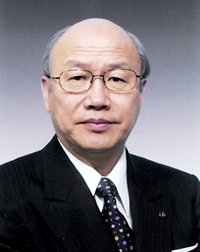
Areas of Expertise
- Gastrointestinal Surgery
- Surgical Oncology
- Tumor Immunology
Certifications and Professional Affiliations
- Honorary President, Japanese Society of Cancer Immunology and Surgery
- Honorary President, Japan Biotherapy Society
- Special Member, Japan Surgical Society
- Special Member, Japanese Society of Gastroenterological Surgery
- Special Member, Japanese Society for Cancer Therapy
Career History
- March 1969
- Graduated from Kyoto Prefectural University of Medicine
- November 1998
- Professor, First Department of Surgery, Kyoto Prefectural University of Medicine
- April 2003
- Director, Kyoto Prefectural University of Medicine Hospital
- April 2006
- President, Kyoto Prefectural University of Medicine (until March 31, 2011)
- April 2011
- Director, Kyoto Regional Medical Support Center
- April 2021 – Present
- Director, Kyoto Adipose-Derived Stem Cell Therapy Center
About Hisakazu Yamagishi, M.D.
Dr. Yamagishi has made numerous achievements in the field of immunotherapy while serving as a professor and hospital director at Kyoto Prefectural University of Medicine.
Since his appointment as president of the university in 2006, he has been devoted to nurturing young physicians and promoting immunotherapy as the "fourth pillar" of cancer treatment. He continues to actively engage in lectures and seminars.
In 2011, Dr. Ralph Steinman of the United States was awarded the Nobel Prize in Physiology or Medicine for elucidating the immunological role of dendritic cells. Since then, immunotherapy has attracted significant attention as the "fourth form of cancer treatment".
At our clinic, based on Dr. Yamagishi’s accumulated knowledge and experience from working directly with patients, we offer medical care that empowers patients to make informed decisions about their own treatment options.
Immune strength plays a fundamental role in cancer treatment.
If you are interested, we warmly invite you to visit the Shin-Osaka Cancer and Neurological Disease Clinic.
About Immunotherapy
A major breakthrough in cancer immunotherapy occurred in 1991 when Dr. Thierry Boon identified the human cancer antigen gene MAGE. Since then, antigenic molecules have been identified for many types of cancer, and it has become possible to synthesize artificial antigen peptides.
Furthermore, with the discovery of the immunological role of dendritic cells (DCs), the development of cancer-specific DC peptide vaccines has opened up new possibilities for cellular therapies in cancer treatment.
In addition to conventional non-specific cellular therapies such as activated NK cells and activated T cells, we are aiming to enhance the effectiveness of treatment by combining these with specific immunotherapies. Moreover, we are exploring strategies to eliminate suppressive T cells—which play a negative role in immune response—in order to further strengthen the positive effects of immunotherapy.
Yoshio Miki
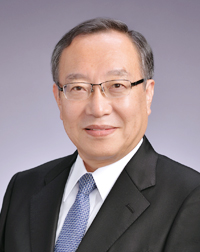
Areas of Expertise
- Genomic Medicine (Discoverer of BRCA1, the world's first breast cancer susceptibility gene)
- Tumor Genetics
- Cancer Genomic Medicine
Certifications and Academic Society Roles
- Honorary Member, Japanese Cancer Association
- Honorary Member, Japanese Society for Hereditary Tumors
- Board Director, Japanese Organization for Hereditary Breast and Ovarian Cancer (JOHBOC)
- Academic Advisor, Japanese Society for Molecular Targeted Research in Gynecologic Cancers
- Distinguished Member, Japanese Society for Cancer Epidemiology and Molecular Epidemiology
Career History
- March 1981
- Graduated from Wakayama Medical University
- June 1982
- Entered the Second Department of Surgery, Hyogo College of Medicine
- September 1991
- Studied abroad at the University of Utah School of Medicine, Department of Medical Informatics
- April 1997
- Director, Department of Genetic Diagnosis Research, Cancer Institute, Japanese Foundation for Cancer Research
- April 2002
- Professor, Department of Molecular Genetics, Institute of Medical Science, Tokyo Medical and Dental University
- April 2022
- Visiting Professor, Center for Precision Medicine, University of Tsukuba
- October 2023
- Appointed Special Vice President (Genomic Medicine), ISEIKAI International General Hospital, Holonics Group
About Dr. Yoshio Miki
Dr. Miki Yoshiyo began his medical career as a surgical trainee after graduating from Wakayama Medical University. In 1991, he studied at the University of Utah School of Medicine in the United States, where he became the first in the world to identify BRCA1, the gene responsible for hereditary breast and ovarian cancer (HBOC), one of the most representative hereditary tumors.
Since then, he has continued to apply genomic science to study the mechanisms of cancer development and to advance research in personalized diagnosis and treatment.
In particular, neoantigen dendritic cell vaccine therapy requires identifying cancer-specific neoantigens through genomic analysis of each individual patient's tumor tissue. Drawing on his extensive experience, Dr. Miki is committed to contributing to the further development and implementation of this innovative therapeutic approach.
About Genomic Analysis and Neoantigen Dendritic Cell Vaccine Therapy
Inside human cells lies DNA, which governs heredity. Specific segments of this DNA are called genes. The entire set of DNA is known as the genome, often referred to as the "blueprint of life."
Cancer is a genetic disease caused by mutations or damage to genes. Neoantigen dendritic cell vaccine therapy makes use of these genetic mutations.
Genomic analysis involves thoroughly examining the genome of cancer cells to identify these mutations. From this analysis, neoantigens—cancer-specific antigens—can be identified. These neoantigens then serve as targets for lymphocytes to recognize and attack cancer cells.
We also offer free consultations, so please don’t hesitate to reach out and learn more about this treatment option.
